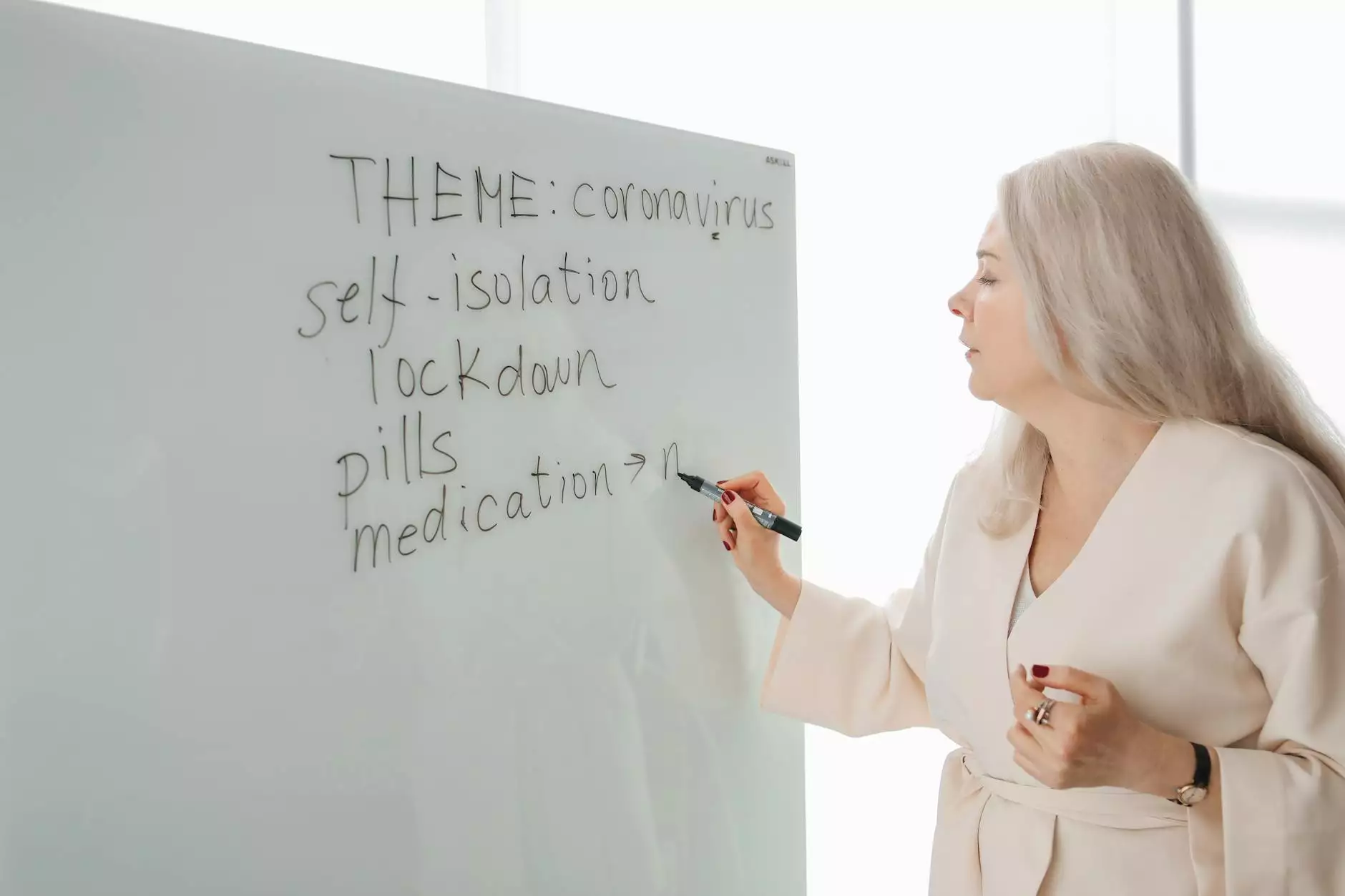Antidepressants Do Work, Some Better Than Others: Study

Introduction
Welcome to Bowling Orthopaedics, where we provide comprehensive information on various health topics. In this article, we delve into the effectiveness of antidepressants based on a recent study. Whether you are struggling with depression, anxiety, or another mental health condition, understanding the different types of antidepressants and their efficacy can help you make informed decisions about your treatment.
Understanding Antidepressants
Antidepressants are medications prescribed to alleviate symptoms of depression and other mental health disorders. They work by impacting the brain's chemicals, specifically neurotransmitters, which regulate mood, emotions, and cognition. While therapy, lifestyle changes, and other interventions are crucial components of mental health treatment, antidepressants can play a significant role in managing these conditions.
Types of Antidepressants
There are several classes of antidepressants, each with its own mechanism of action and potential side effects. These include:
1. Selective Serotonin Reuptake Inhibitors (SSRIs)
SSRIs are widely prescribed antidepressants that work by increasing the availability of serotonin, a neurotransmitter associated with mood regulation. Common SSRIs include fluoxetine, sertraline, and escitalopram. They are often considered the first-line treatment for depression due to their efficacy and favorable safety profile.
2. Serotonin-Norepinephrine Reuptake Inhibitors (SNRIs)
SNRIs, such as venlafaxine and duloxetine, target both serotonin and norepinephrine, another neurotransmitter involved in mood regulation. These medications may be particularly beneficial for individuals who don't respond well to SSRIs or have comorbid conditions like chronic pain.
3. Tricyclic Antidepressants (TCAs)
TCAs were some of the first antidepressants developed and include medications like amitriptyline and nortriptyline. They work by blocking the reuptake of serotonin and norepinephrine. Although effective, TCAs often have more side effects compared to newer generations of antidepressants and are generally reserved for individuals who don't respond well to other options.
4. Atypical Antidepressants
Atypical antidepressants, such as bupropion and mirtazapine, have diverse mechanisms of action. They may target dopamine, norepinephrine, and other neurotransmitters involved in mood regulation. These medications can be particularly useful for individuals experiencing weight gain, sexual side effects, or sleep disturbances with other antidepressants.
5. Monoamine Oxidase Inhibitors (MAOIs)
MAOIs, including phenelzine and tranylcypromine, are older antidepressants that work by inhibiting the enzyme monoamine oxidase. As such, they increase the availability of various neurotransmitters. MAOIs are typically reserved for individuals who haven't responded to other antidepressants due to their potential interactions with certain foods and medications.
Efficacy and Effectiveness
The efficacy and effectiveness of antidepressants can vary depending on multiple factors, including the specific medication, the individual's condition, and personal response to treatment. A recent study analyzed various antidepressant trials and found that while all classes of antidepressants can be effective, some may be better suited for specific conditions.
Key Findings of the Study
The study highlighted that:
- SSRIs demonstrated significant efficacy in treating major depressive disorder in adults, with fluoxetine and escitalopram showing particularly positive outcomes.
- SNRIs showed effectiveness in treating both depression and anxiety disorders, with venlafaxine often recommended as a first-line option.
- TCAs were found to be effective in managing treatment-resistant depression or depression accompanied by neuropathic pain.
- Atypical antidepressants showcased positive results in managing depression while minimizing certain side effects associated with other medication classes.
- MAOIs, though effective, are usually considered alternative options due to dietary restrictions and potential drug interactions.
Collaborative Treatment Approaches
It's important to note that medication alone is often not sufficient for a comprehensive treatment plan. Collaborative approaches that incorporate therapy, lifestyle modifications, and support systems can significantly enhance the effectiveness of antidepressants. Consulting with a qualified healthcare professional is essential in creating an individualized treatment strategy.
Conclusion
Antidepressants have proven efficacy in treating various mental health conditions, but it's crucial to identify the most suitable medication based on individual needs. Understanding the different classes of antidepressants and their potential benefits can guide informed decisions when seeking treatment. At Bowling Orthopaedics, we strive to provide comprehensive information to help individuals make well-informed choices regarding their mental health and overall well-being.




